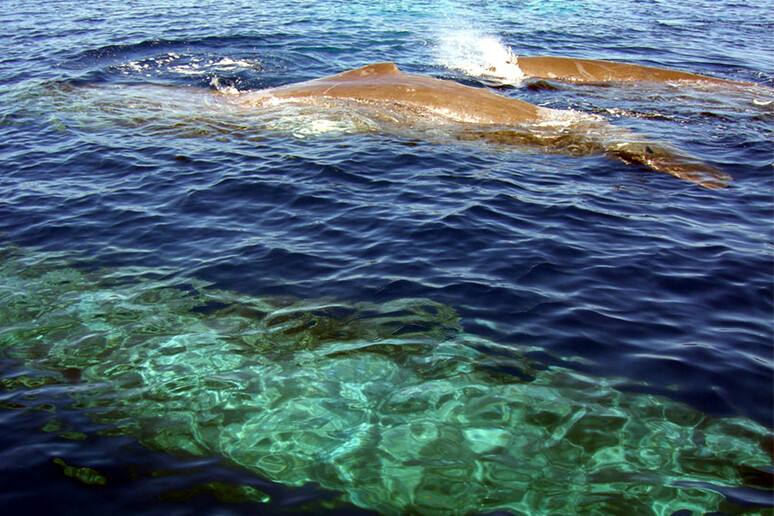A quarter of the cetaceans that
beached on Italians coasts in recent years died due to
human-created causes, according to a new report by Padua
University commissioned by Greenpeace.
The primary human-related deaths were caused by abandoned or
illegal fishing nets and plastic waste.
The report was published on World Nature Conservation Day and
comes just days after illegal nets entrapped two sperm whales
off the Aeolian Islands.
It said 84% of the big cetaceans that got stranded on Italian
coasts between 2008 and 2019 had fragments of plastic in their
stomachs, including the case of a female whale that beached in
Olbia last year and had 22 kilos inside.
The report also sounded the alarm about a possible resurgence of
cetacean morbillivirus, a measles like disease that registered
several big epidemics between 1990 and 2008.
It said six sperm whales that beached in the summer of 2019 were
positive for this virus.
ALL RIGHTS RESERVED © Copyright ANSA











